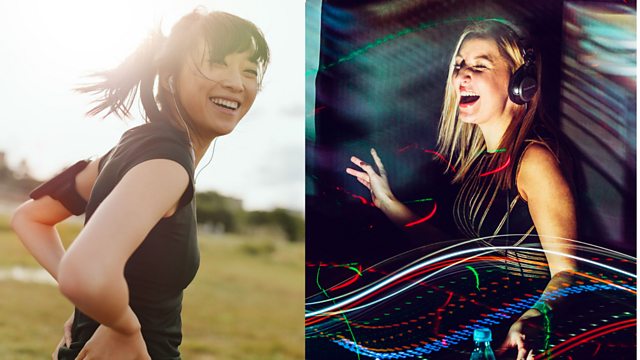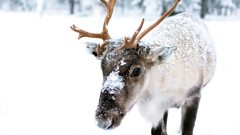Why are There Morning People and Night People?
What makes some of us early birds and others night owls? Is it down to our genes, or more to do with habits and surroundings?
Some of us want to be up with the larks, while others are more like night owls. But is our preference down to our genes, or more to do with habits and surroundings? We set out to find the answers, inspired by a question from Kira, a night owl CrowdScience listener in Philadelphia, USA.
Our daily, or circadian, body clocks are a hot topic of discussion at the moment - this yearβs Nobel Prize for Medicine went to three scientists who discovered the gene that makes these clocks tick. To answer our listenerβs question, we need to know why different clocks tick at different rates, so we visit a specialist sleep centre to see how having a slow-ticking clock makes it hard for you to leap out of bed in the morning.
And the morning sun helps all of us regulate our daily rhythm, so what happens when it doesnβt rise at all? We travel to TromsΓΈ, in the far north of Norway, to see how morning and evening types fare during the long polar nights - and meet the reindeer who seem to be able to switch off their daily clocks altogether. Meanwhile down near the equator, we hear about the hunter-gatherer community in Tanzania where thereβs nearly always someone awake.
Sami song, the joik of RΓ‘ikku-Γnte, is performed by Ken Even Berg
Do you have a question we can turn into a programme? Email us at crowdscience@bbc.co.uk
Presenter: Anand Jagatia
Producer: Cathy Edwards
(Image: L - Women smiling on a run R - Women DJ. Credit: Getty Images)
Last on
More episodes
Clip
-
![]()
How do reindeer cope with extreme polar seasons?
Duration: 01:45
Broadcasts
- Fri 17 Nov 2017 20:32GMTΒιΆΉΤΌΕΔ World Service Online, Americas and the Caribbean, UK DAB/Freeview & Europe and the Middle East only
- Fri 17 Nov 2017 21:32GMTΒιΆΉΤΌΕΔ World Service Australasia, South Asia & East Asia only
- Sat 18 Nov 2017 00:32GMTΒιΆΉΤΌΕΔ World Service except Americas and the Caribbean & News Internet
- Mon 20 Nov 2017 05:32GMTΒιΆΉΤΌΕΔ World Service except Australasia, East and Southern Africa, News Internet & West and Central Africa
- Mon 20 Nov 2017 07:32GMTΒιΆΉΤΌΕΔ World Service Australasia & East and Southern Africa only
- Mon 20 Nov 2017 15:32GMTΒιΆΉΤΌΕΔ World Service Australasia
- Mon 20 Nov 2017 18:32GMTΒιΆΉΤΌΕΔ World Service East and Southern Africa & West and Central Africa only
- Tue 21 Nov 2017 03:32GMTΒιΆΉΤΌΕΔ World Service West and Central Africa
Podcast
-
![]()
CrowdScience
Answering your questions about life, Earth and the universe



